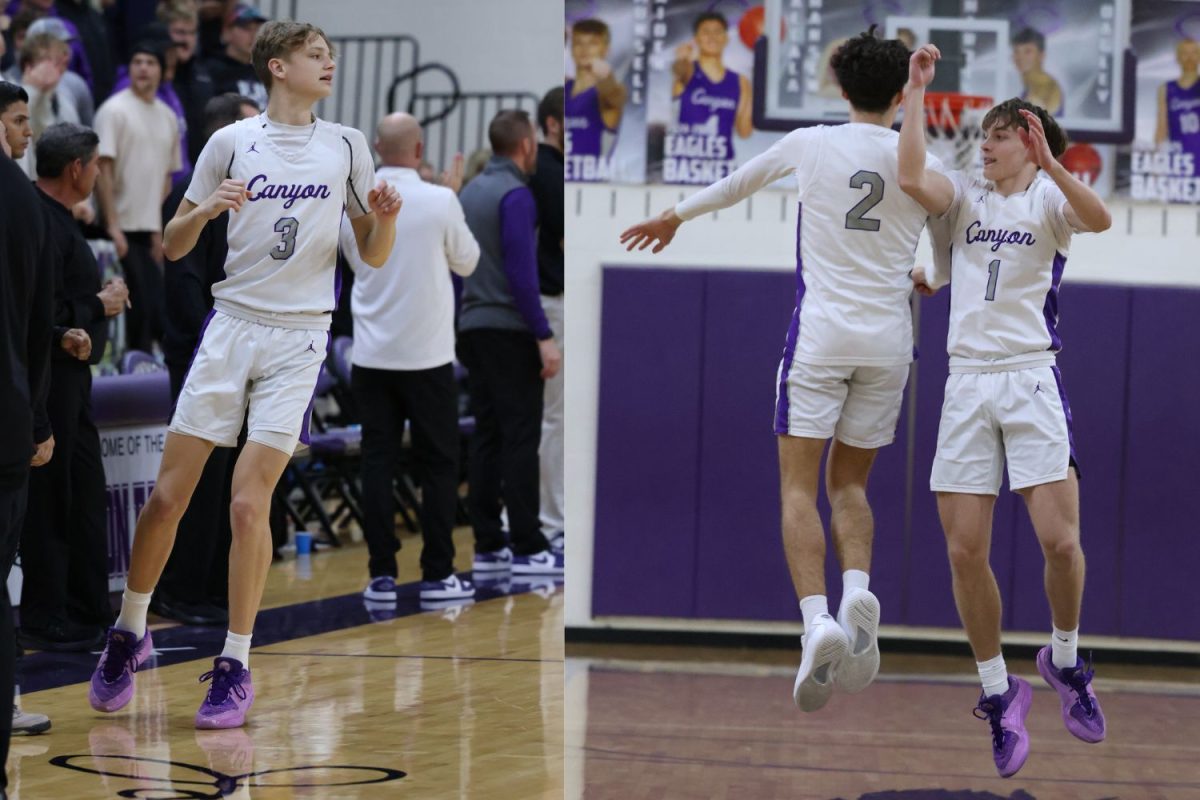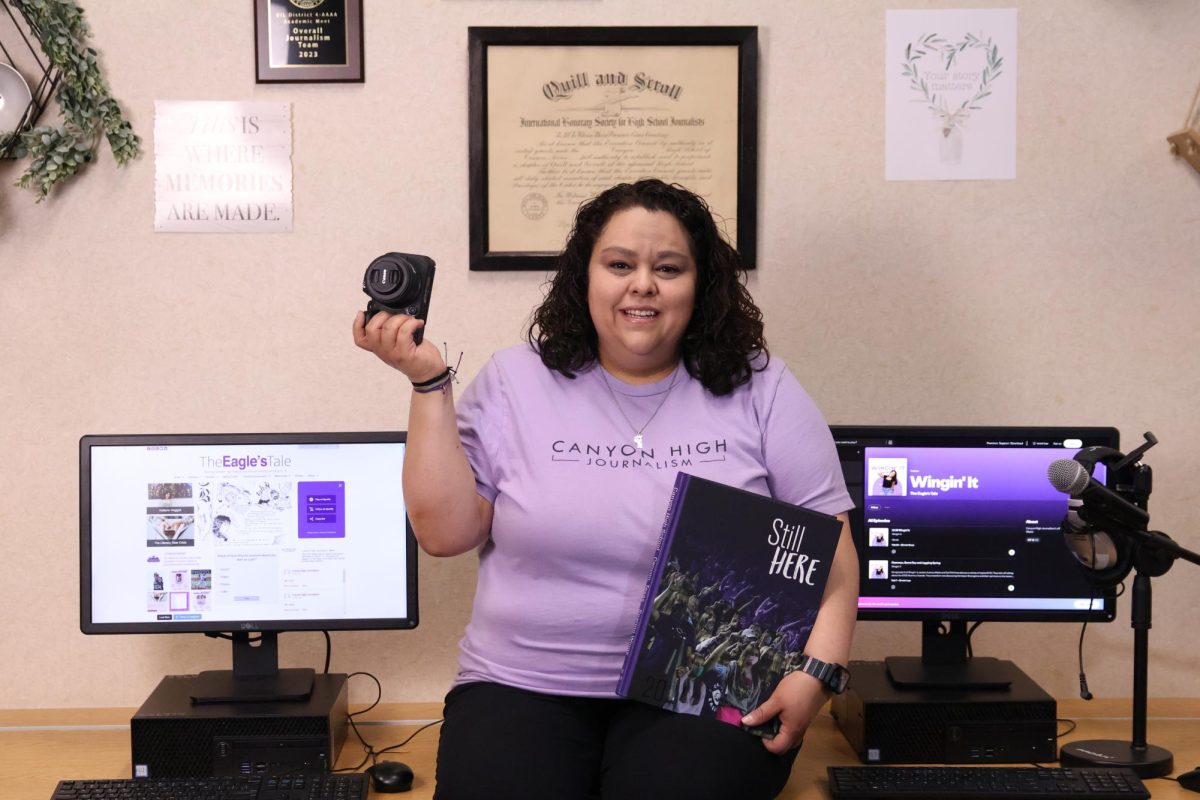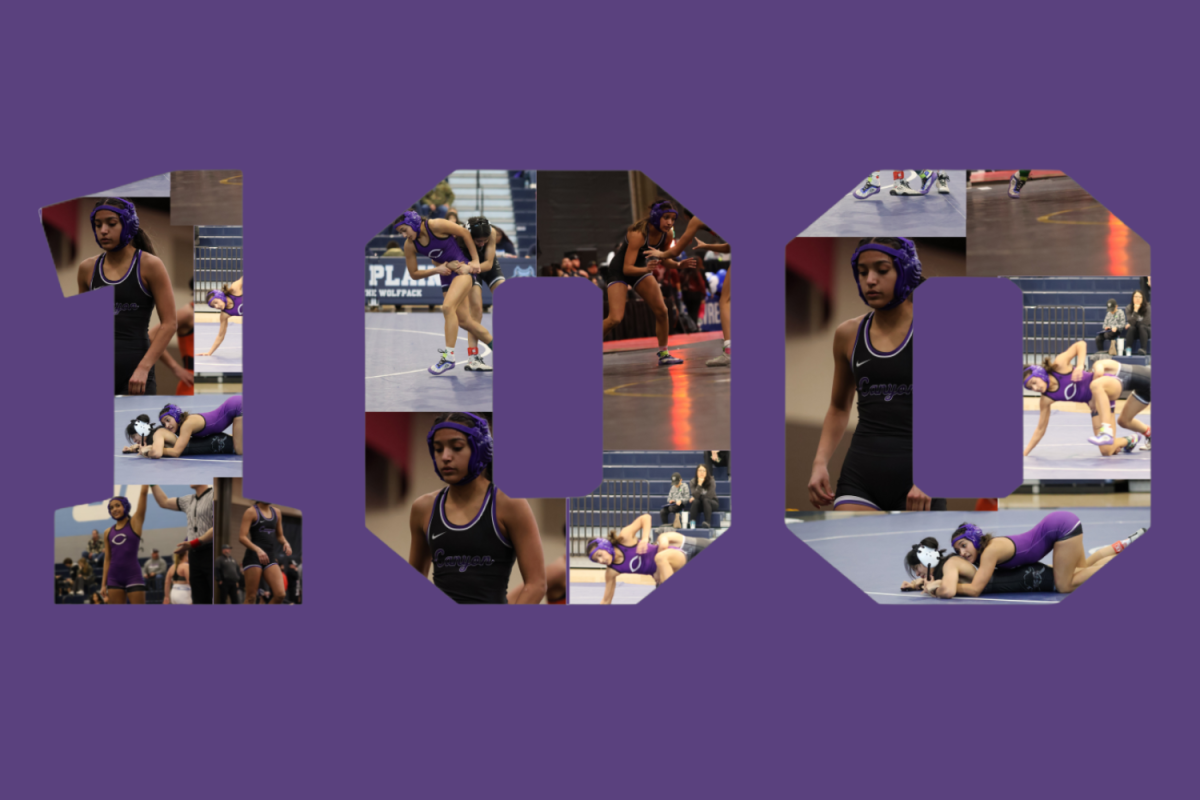On September 11, 2001, I had only been out of college for about three months. I was working at a small art museum in Odessa, Texas. As I drove to work, I heard on the radio that a pilot had flown his plane into one of the towers of the World Trade Center. Honestly, the first image in my mind was of a private jet and an inebriated pilot. I think I even chuckled, which is awful to remember ten years later.
Once I got to work, I immediately tried checking an online news source for information, but none of the websites would work. Pretty soon, one of our museum board members came in for a meeting and asked if we had heard what happened. As the day unfolded, every person who walked through the door brought a story that was more grim than the one before it. Even as these people spoke, though, I couldn’t wrap my brain around the reality. It took going home to watch the news myself to start understanding the magnitude and meaning of what had happened. That evening, I attended a prayer service at my church and made sure to get a hug from my dad. There was this feeling that anything could happen now; no one was safe.
I remember that, for the next week, my husband and I watched TV nearly nonstop and awoke each morning fearful of what might have happened in our country as we slept. The streets of Odessa were deserted, and our art museum saw a sharp decline in visits and contributions as people stayed home to watch tv and appreciate their families.
I have no personal connections to anyone living in New York City or Washington D.C. The realities of 9/11 trickled down to me only in dealing with new inconveniences at the airport and abstract warnings of terror threats that seemed far away. I think in a vague, unsettled way, though, I feel less safe as an American citizen than I did ten years ago.






